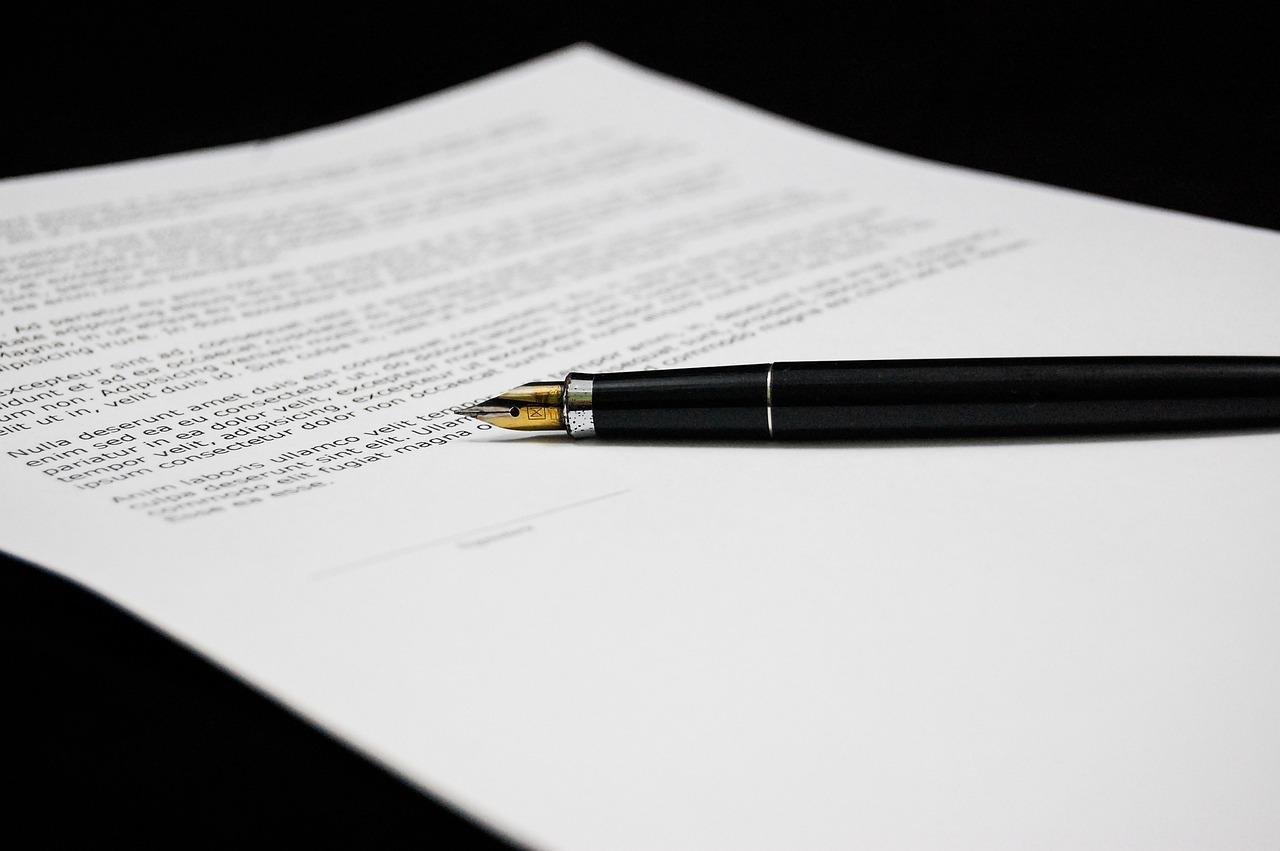Question: What are the ways a Power of Attorney can help me?
Answer: A Power of Attorney is a state-specific legal form that enables you to empower someone to manage your finances and assets on your behalf. Having a Power of Attorney in place is always essential, but especially later in life. If you ever become incapacitated, your appointed agent will be able to act for you in your best interests to manage your affairs.
It is a common misconception that a spouse or child can automatically take on this role. Unfortunately, many people find out the hard way that is not the case. This simple but crucial document avoids a guardianship proceeding, which are expensive, time consuming, and intrusive.
Some of the most common uses of a Power of Attorney include:
- Access bank accounts to withdraw or deposit money
- Sign checks
- Pay bills
- Engage in Medicaid planning
- Bring a lawsuit
- Set up required minimum distributions (RMDs)
- Hire professionals on your behalf, such as accountants, lawyers, home health aides, and geriatric care managers
- Sign contracts
- Sell a business
Power of Attorney for Finances
A Power of Attorney can make the management of financial matters significantly more convenient later in life. Even if an individual still has capacity, they may want their agent to manage their finances because of physical limitations. Selling a house or a business later in life can be difficult and requires a lot of paperwork. With a Power of Attorney, the agent can take over the process on the principal’s behalf.
Medical Power of Attorney
A Power of Attorney is limited to financial matters and does not include the authority to make medical decisions. Although your agent can hire nurses or aides for you, only a Health Care Proxy may make healthcare decisions on your behalf.
Using Power of Attorney Forms to Meet Your Needs
It is important that your Power of Attorney contains all the needed powers, which are only available from an attorney. To allow such transfers, the Power of Attorney must specifically authorize gifting to certain people. If gifting is allowable to the agent, the Power of Attorney must further authorize self-gifting. The standard statutory Power of Attorney form does not include self-gifting, meaning the form must be modified to include such additional provisions.
Moreover, a Power of Attorney must be tailored to your needs and family situation. For example, maybe it is inappropriate to give a friend the power to change beneficiary designations on your retirement accounts. A spouse or child, however, should likely have the power to do so to engage in Medicaid planning. Without the right powers, your agent is not able to act in your best interest.
Keep in mind that not only must a Power of Attorney have the right powers, but it must be executed correctly – signed by two disinterested witnesses and the principal and agent’s signature notarized. Another reason to seek legal advice when putting together an estate plan.





